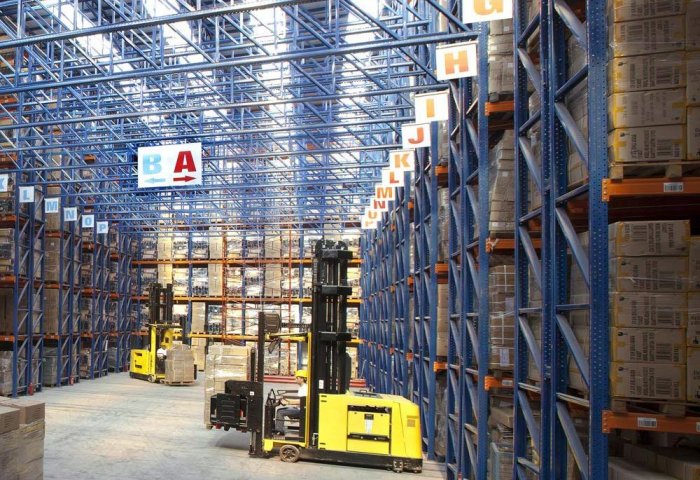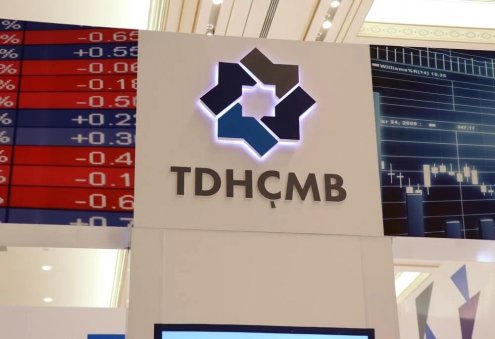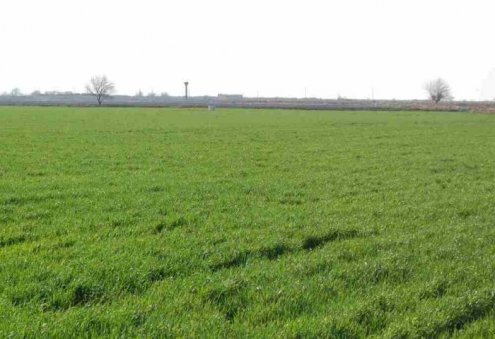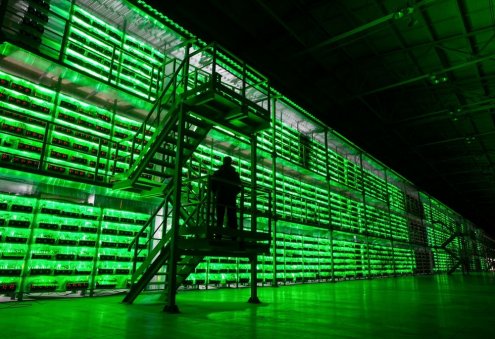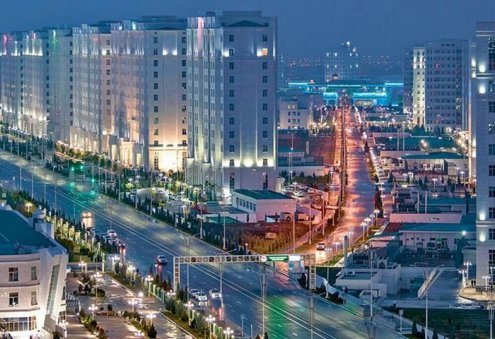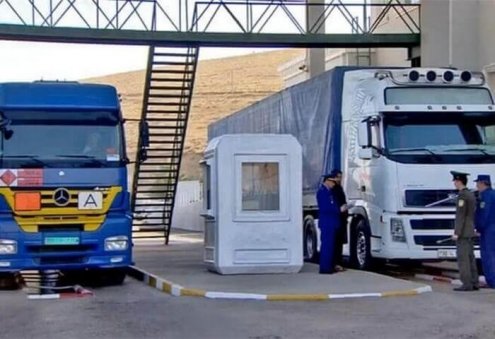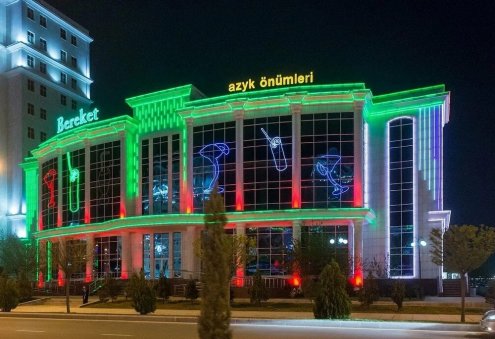A free economic zone is a specially designated territory with clearly defined administrative boundaries, within which a special legal regime is established for participants in free economic zones.
A special legal regime is a set of legal norms establishing a preferential procedure and conditions for taxation, currency, customs regulation, a simplified procedure for entry, stay and departure of individuals, labor relations, financial and credit activities and other regimes aimed at achieving the goals of creating a free economic zone.
Legislation of Turkmenistan on free economic zones
The legislation of Turkmenistan on free economic zones is based on the Constitution of Turkmenistan and consists of the law of Turkmenistan “On Free Economic Zones” and other regulatory legal acts of Turkmenistan, and thus determines the legal, organizational and economic foundations for the creation, functioning and liquidation of free economic zones on the territory of Turkmenistan.
Conducting activities in free economic zones
An agreement on conducting business, leasing land and (or) state property on the territory of free economic zones is an agreement concluded in writing by drawing up a single document signed by the Committee and a participant of free economic zones on the conditions for conducting investment and business activities on the territory of free economic zones, and defining their rights, duties and responsibilities.
The goals of creating free economic zones
The creation of free economic zones in Turkmenistan is aimed at the following goals:
- creation of a new infrastructure of individual regions and territories, development of the existing infrastructure;
- improving the efficiency of business activities;
- attracting investments (including foreign ones), advanced equipment and technologies, as well as the development of import substitution, the use of new methods of economic management that meet the principles of a market economy, at the regional level;
- development of modern management and implementation of a unified system of services (single window);
- production of goods (works, services) competitive in the global market, creation of new jobs, intensification of foreign economic activity;
- increase in foreign exchange earnings from the export of goods (works, services);
- increasing the level of economic and social development of the country.
Types of Free Economic Zones
The following types of free economic zones can be created on the territory of Turkmenistan:
- trade, including free trade zones and export zones;
- industrial production, including export-import zones and industrial parks;
- technology and implementation projects, including technology parks and technopolises;
- service companies that specialize in providing financial and credit, banking, tourist and recreational, information and other services;
- transport and logistics services, including port services;• agro-industrial;
- complex, combining the functions of various functional types of free economic zones.
The creation of other types of free economic zones, in addition to the types of free economic zones indicated in this part, can be carried out by making appropriate amendments to the law.
Activities in free economic zones
Participants in free economic zones have the right to carry out activities on the territory of free economic zones that are stipulated by the Decree to create free economic zones and agreements.
Participants of free economic zones have the right to carry out activities on the territory of free economic zones without obtaining a license. At the same time, they must comply with the license requirements and conditions defined by the legislation of Turkmenistan.
Persons who are not members of free economic zones have the right to carry out business activities on the territory of free economic zones in accordance with the legislation of Turkmenistan, without establishing a special legal regime in relation to them.
On the territory of free economic zones are not allowed:
- use of subsoil plots and any other activity outside the terms of the contract;
- production and processing of hydrocarbon resources;
- production of ozone-depleting substances, radioactive and chemical materials, poisonous, explosive, toxic, narcotic and psychotropic substances, precursors, biologically and genetically active materials, as well as their trade;
- production and placement of environmentally hazardous industries and facilities;
- formation and operation of offshore banks.
BT Legal Affairs Department

